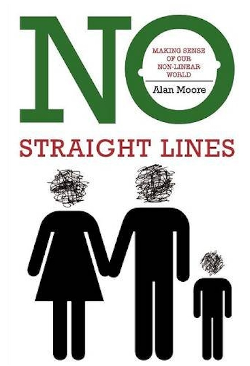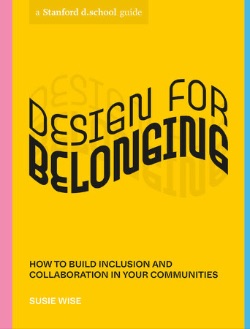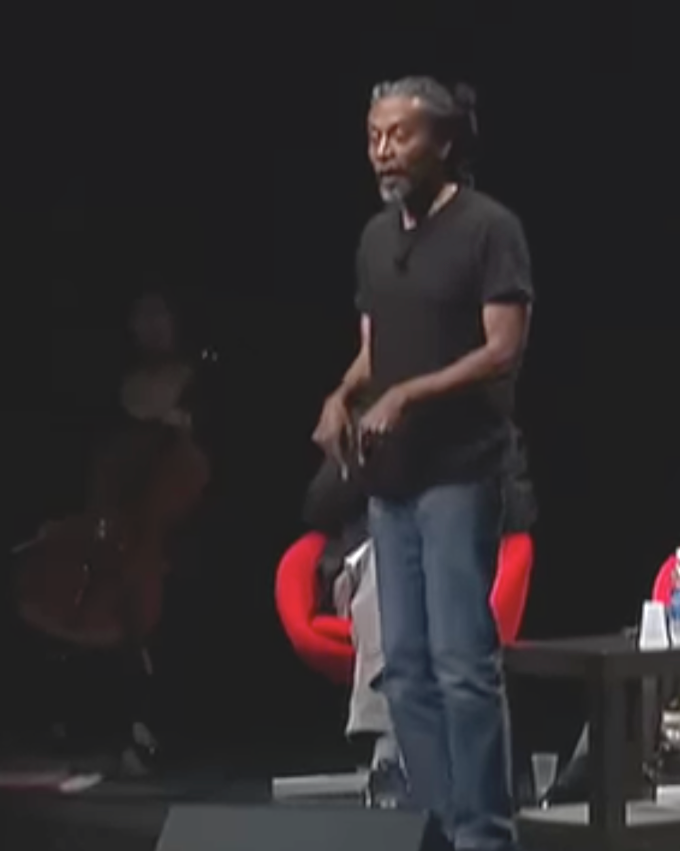September 26, 2025
Learning
Seeing crisis as a homecoming that brings us back to community, collaboration, and shared purpose

Sarah Wilson is an author, social philosopher, and self-described minimalist.
Sarah Wilson wants to confront what few dare to say: our civilization, as we know it, is not going to make it. Climate deadlines? We’re missing them. Planetary boundaries? We keep crossing them. We are, she says, in the grip of a polycrisis—a tangled web of interlocking problems so vast and complex that we can no longer correct it.
Yet few speak of what she calls the “everything-all-at-once overwhelming cluster of impossibility.” Fewer still ask how we, as vulnerable humans, are meant to live—and live meaningfully—through a world so radically altered. So she has chosen to take it on. In part, she jokes, because she is “bipolar and thoroughly perimenopausal—an explosive combination for tackling such an epic task.”
Wilson delivers her message with the timing of a seasoned stand-up. If you’re ready to laugh again at the absurdity of an economy built on endless growth, she has stories and metaphors to spare. But beneath the humor lies a sober plea: our civilization—the Post-Industrial one, roughly 270 years old, and well within the historical lifespan of civilizations, typically 250 to 300 years—is not going to endure.
Where she becomes most compelling is in what follows. Civilizations die, she says, but newness always emerges. While she admits to fear, grief, and uncertainty, she finds hope in acceptance: living fully, reconnecting with others, practicing emotional honesty, and imagining that rather than us saving nature, nature may in fact be saving us through this transformation.
Her counsel is clear: do not retreat into isolation or fear. Instead, embrace adulthood, community, and meaningful relationships. Stop trying to “make the system work” or escape through doom-prepping. The work that matters now is inward growth, communal resilience, and reconnection—with each other and with the living world.
"When I first started to think about all of this, I was reminded of a four-year-old who's made an absolute mess of their bedroom. It's a creative, although well-intentioned, implosion of balls of wool and textures and craft projects that they can no longer clean up because they lack the level of consciousness. I thought to myself, we humans are that four-year-old staring at the mess we've made, stunned and waiting for an adult to come and clean it up."
"In cognitive psychology, they have a term for when we are living a life that does not match up to truth: it's called cognitive dissonance, and it creates a very deep sense of despair and loneliness and anxiety. However, when we do choose to face truth front on, no matter how brutal it might be, we experience something called congruence, and that is felt in the human body as a sense of belonging, a sense of arrival, and a sense of eerie relief."
TED TALK: How to respond to societal collapse | Sarah Wilson | TEDxSydney




